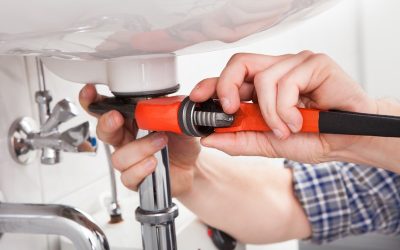Hot water is necessary to keep a home running in a sanitary manner. Families rely on their Water Heaters in Rockville to provide it for their showers, dish washing, and clothes cleaning. When they wake up to no hot water in the morning, they have to have a reliable plumbing contractor to call to come out and repair it.
A water heater is very simple in concept. Pipes carry the cold water into the tank. Either a gas flame or electrical coil heats the water until it reaches the proper temperature. At that point it is stored until someone takes a hot shower or uses it in some other manner. It’s important that a licensed plumber fix the water heater, because they can explode if not adjusted properly.
While most plumbing contractors respond to emergency calls quickly, it is still a major inconvenience for a family that needs to get to school and work. It’s much more efficient to form a long-term relationship with a plumber that installs and maintains a water heater. Some even have service contracts that cover furnaces and water heaters. When the plumber comes out to inspect and clean the furnace each autumn, he also takes a look at the water heater. He carefully checks the hoses and pipes that lead into and out of the water heater and makes sure that they are connected properly. This prevents leaks which are one of the most common problems associated with a water heater. He then cleans the heat source and makes sure that it lights efficiently. There are also temperature and pressure gauges to make sure that the gas or electric heat source stops when the water is the right temperature. Regular maintenance keeps a water heater running efficiently and uses less power.
If a family keeps running out of hot water, that’s a sign that the water heater is no longer large enough to meet their needs. They can either adjust their showering schedules or buy a new water heater. Their plumbing contractor will be able to recommend the proper size. He might even recommend a newer technology called a tankless water heater. These use less energy because they don’t heat large amounts of water at one time.


